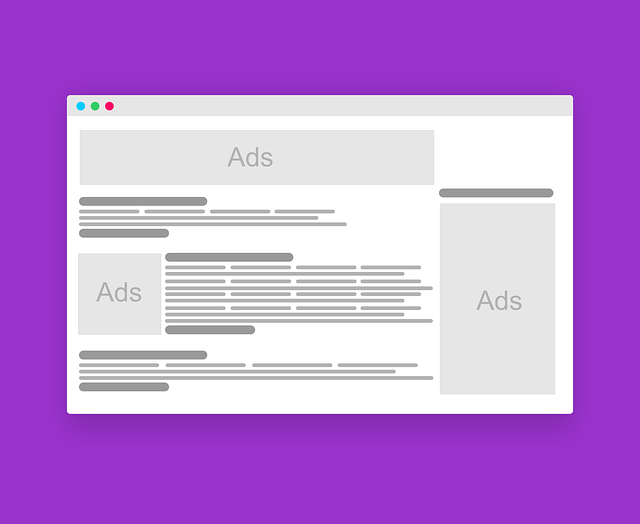The traditional rental market is experiencing a surge in demand, particularly in urban areas, prompting the need for innovative solutions. AI long-term contract drafting assistants are emerging as a game-changer by leveraging data analysis and pattern recognition to offer personalized recommendations. These intelligent systems streamline contract creation, ensure accuracy, and optimize listings based on market trends and tenant preferences, revolutionizing rental processes and improving user experiences for both landlords and tenants. However, challenges include data privacy, algorithmic bias, and understanding nuanced needs, requiring a balanced integration of technology and human judgment.
The long-term rental market is evolving, driven by dynamic listing trends and tech-savvy tenants. To meet these demands, integrating AI long-term contract drafting assistants emerges as a game-changer. This article explores the growing necessity of Artificial Intelligence (AI) in optimizing rental listings for extended stays. We delve into how AI assistants can streamline processes, enhance accuracy, and cater to modern leasing requirements. Additionally, we analyze the benefits and challenges associated with implementing AI technology in property rentals.
- Understanding the Need for AI in Long-Term Rental Market
- How AI Contract Drafting Assistants Can Optimize Dynamic Listings
- Benefits and Challenges of Implementing AI in Property Rentals
Understanding the Need for AI in Long-Term Rental Market

The traditional rental market has long been a manual, time-consuming process, relying heavily on real estate agents and property owners to manage listings, screen tenants, and negotiate contracts. As the demand for long-term rentals continues to rise, especially in urban areas, there’s a growing need for efficient solutions to optimize this sector. Here’s where AI steps in as a game-changer.
AI long-term contract drafting assistants can revolutionize the rental listings process by analyzing vast data, identifying patterns, and offering personalized recommendations. These intelligent systems can streamline contract creation, ensuring accuracy and consistency while reducing the risk of errors. By learning from market trends and tenant preferences, AI algorithms can dynamically optimize rental listings, making them more attractive and efficient for both property owners and prospective tenants.
How AI Contract Drafting Assistants Can Optimize Dynamic Listings

AI long-term contract drafting assistants play a pivotal role in optimizing dynamic rental listings. By leveraging advanced natural language processing (NLP) algorithms, these tools can draft, review, and suggest improvements to rental contracts in real-time. They ensure that terms and conditions are clear, fair, and legally sound, thereby enhancing the overall user experience for both landlords and tenants.
These assistants can analyze vast amounts of data from previous contracts and market trends to identify patterns and anomalies, allowing for more accurate pricing suggestions. Additionally, they can automate routine tasks such as scheduling viewings, setting up payment processes, and sending reminders, thereby streamlining the entire rental process. This efficiency not only saves time but also reduces the risk of errors, fostering a seamless and trustworthy environment for long-term rentals.
Benefits and Challenges of Implementing AI in Property Rentals

Implementing Artificial Intelligence (AI) in property rentals offers a myriad of benefits, especially for long-term rental listings. AI contract drafting assistants can streamline and automate the process of creating customized rental agreements tailored to both landlords and tenants. These intelligent tools can analyze vast data sets, identify patterns, and generate legally sound contracts, reducing the time and resources needed for manual drafting. By leveraging machine learning algorithms, AI can adapt to evolving legal landscapes and regional differences, ensuring compliance and minimizing the risk of errors.
However, challenges exist when integrating AI into this sector. Data privacy and security are paramount concerns, as sensitive tenant and landlord information must be handled securely. Bias in algorithms due to skewed data training sets is another hurdle, which could inadvertently lead to unfair or discriminatory practices. Moreover, while AI can optimize listing presentation, it may struggle with the nuanced, contextual aspects of property rentals, such as understanding unique tenant needs and preferences. Effective implementation requires a delicate balance between leveraging technology for efficiency and preserving human judgment for complex, personal matters.
The integration of AI long-term contract drafting assistants into the dynamic rental listings space offers a promising solution for streamlining the property rental process. By optimizing listings and automating contract creation, these assistants enhance efficiency, reduce errors, and provide a more seamless experience for both renters and landlords. While challenges exist, such as data privacy concerns and the need for continuous training, the benefits of AI in this sector are undeniable. As the technology advances, we can expect AI long-term contract drafting assistants to play an increasingly vital role in shaping the future of the rental market.
